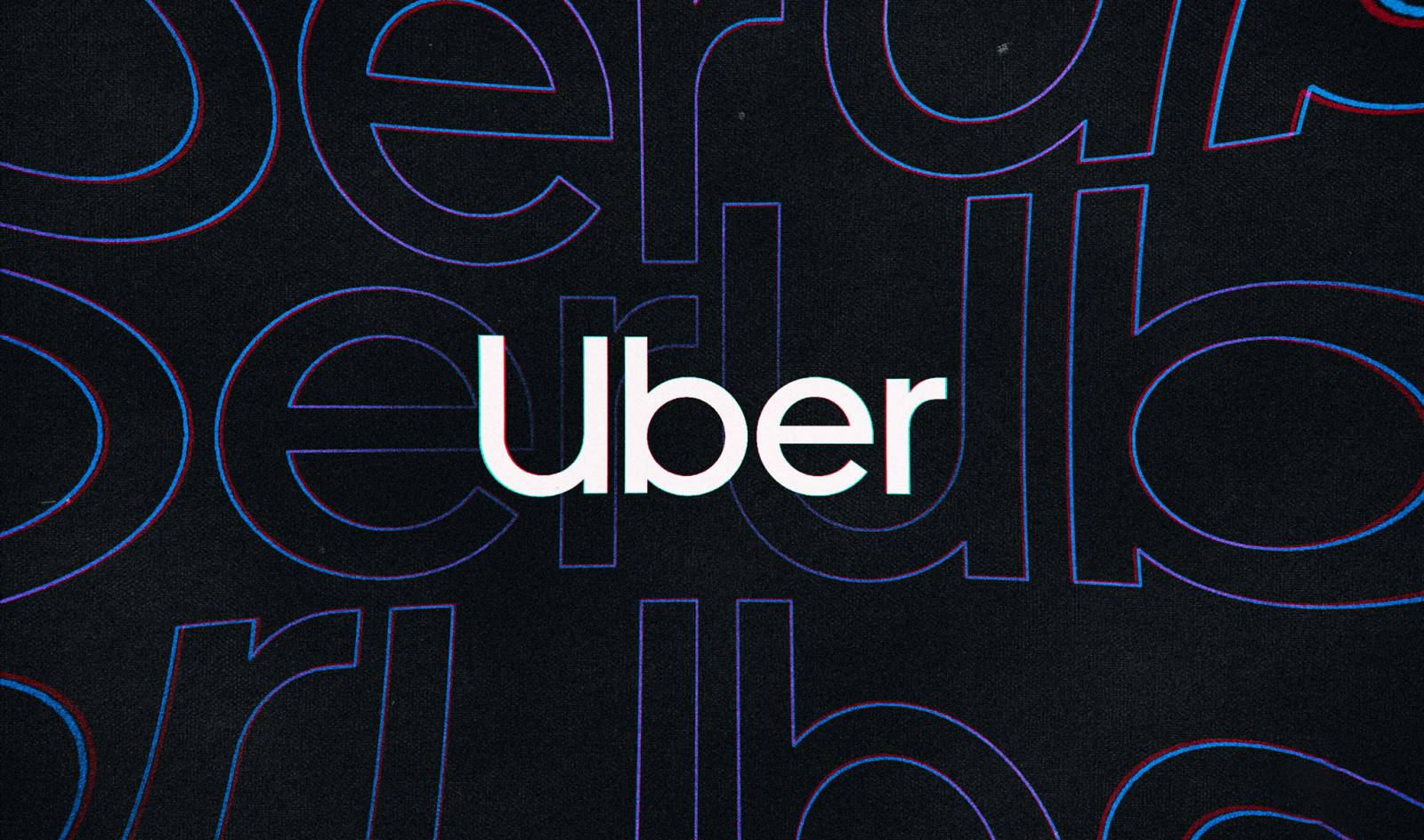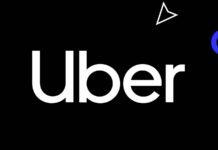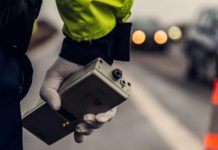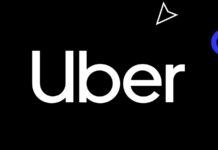UBER and Lyft, two of the largest ridesharing companies in the whole world, have officially recognized a problem that they have been accused of in recent years, but which they have refused to talk about. More precisely, UBER and Lyft have recognized the fact that the cars sent in races generate congestion in the centers of some of the cities where they operate, and this is because they would not have correctly estimated the impact of the services offered.
UBER and Lyft have repeatedly said that ridesharing services would partially reduce traffic congestion in big cities, but in some of those in the US, this is not happening. In the cities of Boston, Chicago, Los Angeles, San Francisco, Seattle, and Washington DC, it was discovered that UBER and Lyft contributed to the increase in traffic congestion with percentages between 1.1% and 2.7%, the percentage figures being presented as small.
UBER Confirms a MAJOR PROBLEM Generated by its Drivers
The figures are small because they do not show the situation in the city centers, and here UBER and Lyft contribute to an increase in congestion of up to 13.4, such as the case of the city of San Francisco. The biggest problem is that between 54% and 62% of the UBER and Lyft cars that congest the traffic have passengers and make rides, the rest of them are "walking" through the city centers to have a good location when a ride request is registered .
“The new findings show that Uber and Lyft account for only 1%-3% of total traffic congestion in the greater metropolitan areas of the six cities. But they have a much stronger traffic impact in core urban areas. In the cities of San Francisco, Uber and Lyft account for 13,4% of all vehicles per mile. In Boston it is 8%; in Washington, DC, it's 7,2%."
In the face of these revelations, those from UBER and Lyft throw the problem in the court of ordinary people, those who bring them money, saying that they generate more than 80% of traffic congestion in big cities. This is completely true, and it is true that if people only used ridesharing services, or public transportation, congestion would decrease, but their transportation costs would increase substantially, so things will not change soon.

















